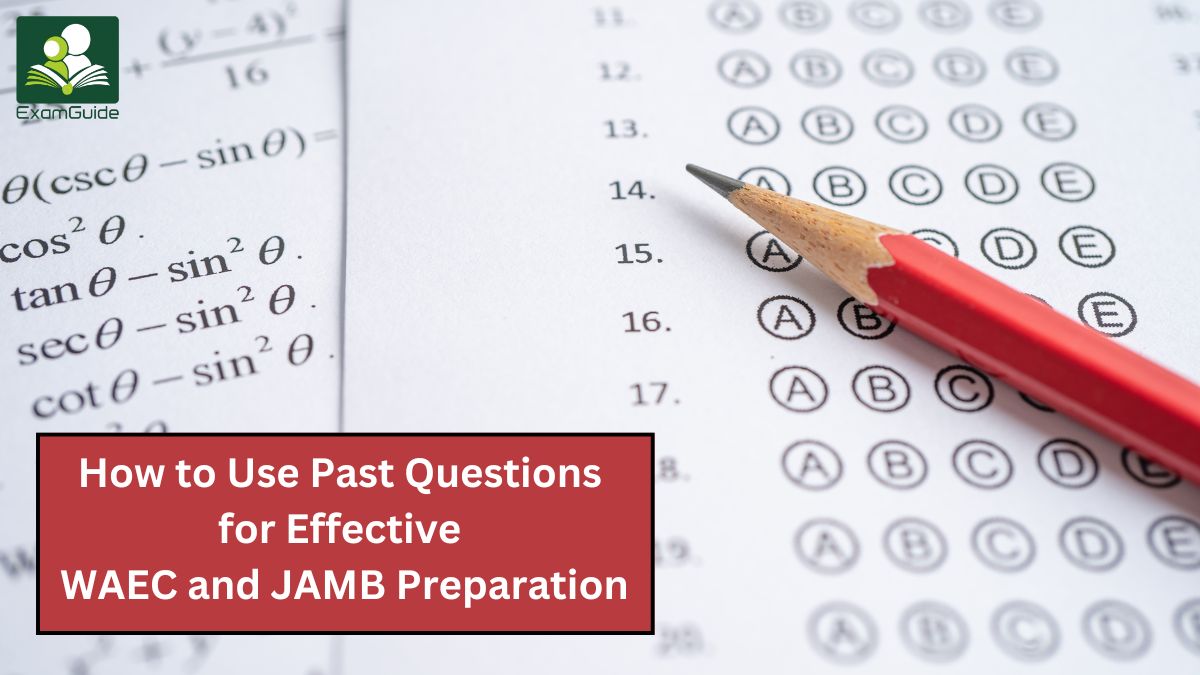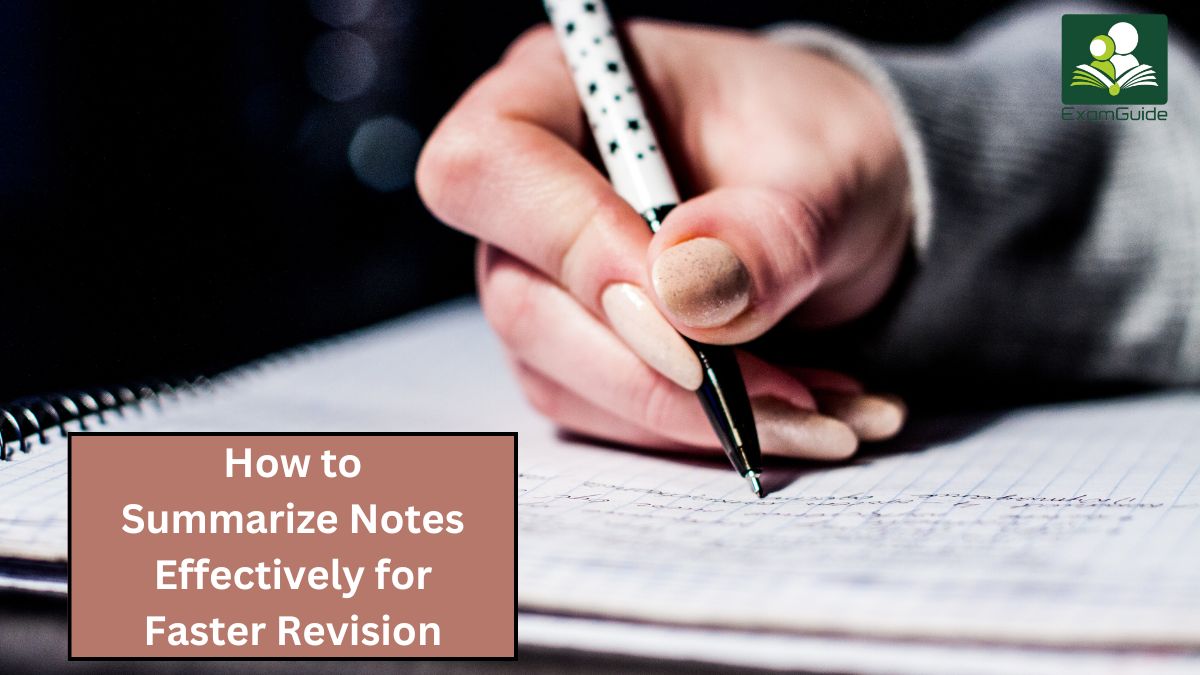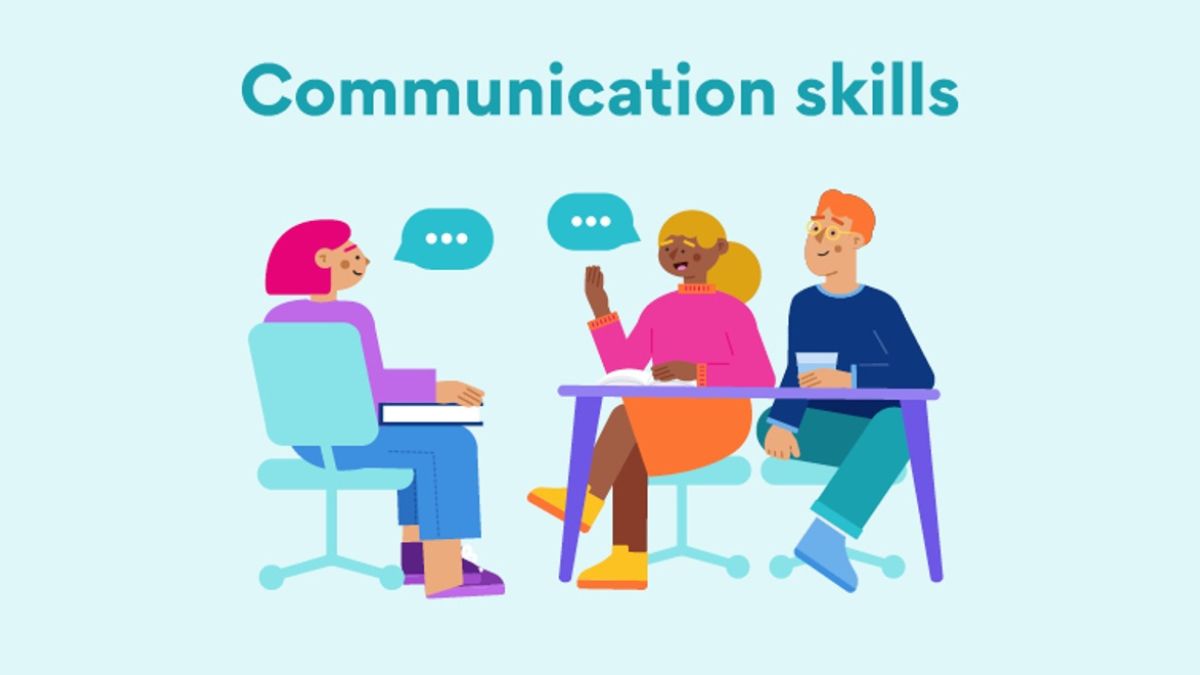
12 Effective Tips for Students to Avoid Sleep While Studying For Exams
Are you struggling to stay awake while studying for exams? Do you find yourself nodding off at your desk, unable to concentrate on your study materials? Don't worry, you're not alone. Many students face the challenge of staying alert and focused during long study sessions.
Fortunately, there are several effective strategies you can employ to avoid sleep and make the most of your study time. Here are 12 tips to help you stay awake and alert while studying for exams.
Why Does Reading Make You Sleepy?
There are a few reasons why reading can make you sleepy:
Brain Strain
Reading requires your brain to work hard. It's constantly processing visual signals from your eyes, decoding words, and creating images in your mind. This mental effort can be tiring, leading to drowsiness.
Relaxing Activity
Reading is often done in a comfortable position, in a quiet and calm environment. This creates a relaxing state similar to what you might experience before bed, making it easier to drift off.
Eye Strain
Focusing on text for extended periods can strain your eye muscles. As they tire, your eyelids might feel heavy, contributing to sleepiness.
Content
Not all reading material is exciting. If you're reading something dull or uninteresting, your mind might wander, leading to drowsiness.
Individual Factors
Some people are naturally more susceptible to feeling sleepy while reading than others. Factors like fatigue or medications can also play a role.
How to Avoid Sleep While Studying For Exams
- Get Adequate Sleep
While it may seem counterintuitive, getting enough sleep is crucial for staying awake and alert during study sessions. Aim for 7-9 hours of quality sleep each night to ensure your body and mind are well-rested.
- Take Regular Breaks
Break up your study sessions into shorter, more manageable segments and take regular breaks to rest and recharge. This will help prevent burnout and keep your mind fresh and alert.
- Stay Hydrated
Dehydration can contribute to feelings of fatigue and drowsiness. Keep a bottle of water handy and sip on it regularly to stay hydrated and alert.
- Avoid Heavy Meals
Eating heavy, carb-rich meals can make you feel sluggish and sleepy. Opt for lighter, protein-rich snacks like nuts, yogurt, or fruit to keep your energy levels up without causing drowsiness.
- Stay Active
Incorporate short bursts of physical activity into your study breaks to boost circulation and energy levels. Take a quick walk around your room or do a few stretches to wake up your body and mind.
- Use Bright Lighting
Bright lighting can help signal to your brain that it's time to be awake and alert. Study in a well-lit room or use a desk lamp to keep your study area brightly illuminated.
- Listen to Upbeat Music
Listening to upbeat music can help keep you awake and focused during study sessions. Create a study playlist with energetic songs to help keep your energy levels up.
- Stay Engaged
Engage actively with your study material by asking questions, taking notes, and summarizing key points. Active learning techniques can help keep your mind engaged and prevent boredom-induced sleepiness.
- Practice Active Reading
Instead of passively reading through your study material, actively engage with the text by highlighting key points, making annotations, and asking yourself questions. This will help keep your mind alert and focused.
10. Sit straight on a chair
One might feel sleepy while leaning on pillows or the couch. During studying, try not to get too comfortable. Rather than lying down, which signals relaxation to the brain, sitting straight signals alertness to the brain. The study environment is very important. While spending hours studying at night, always sit straight.
- Change Your Study Environment
If you find yourself getting sleepy in a particular study environment, try switching things up. Study in a different room or location to help keep your mind stimulated and alert.
- Practice Mindfulness
Incorporate mindfulness techniques such as deep breathing exercises or meditation into your study routine to help keep your mind calm and focused. Mindfulness can help reduce stress and promote mental alertness during study sessions.
Introducing ExamGuide
While these tips are a great foundation, wouldn't it be amazing to have a powerful tool to supercharge your studying? ExamGuide steps in as your one-stop solution for exam success!
Here's how ExamGuide can help you master your exams:
- Comprehensive Study Materials: Access a vast library of practice questions, learning modules, and study guides specifically tailored to your exams.
- Personalized Learning Paths: ExamGuide creates a customized study plan based on your strengths, weaknesses, and exam schedule, maximizing your learning efficiency.
- Simulated Exams: Put your knowledge to the test with realistic mock exams that mimic the format and difficulty of the real exam. Track your progress and identify areas for improvement.
- Knowledge Gaps: ExamGuide pinpoints your weak areas and provides targeted practice and review materials to ensure mastery of every concept.
Don't just study for exams, master them with ExamGuide. Visit our website today to learn more and download ExamGuide app from- https://examguide.com/offline
Conclusion
By implementing these tips into your study routine, you can help avoid sleep and stay alert and focused during your exam preparations. Remember to prioritize self-care and listen to your body's signals – if you're feeling overly tired or fatigued, take a break and give yourself time to rest and recharge.
With ExamGuide, you have access to a comprehensive study and testing platform designed to help you master your exams with confidence. Happy studying!
No comment found
Related Posts

Top 20 Motivational Quotes for Students to Work Hard

How to Use Past Questions for Effective WAEC and JAMB Preparation

Language barriers in Nigerian Education and how to Overcome them

How to Excel in Mathematics: Tips for Nigerian Students

How to Summarize Notes Effectively for Faster Revision


